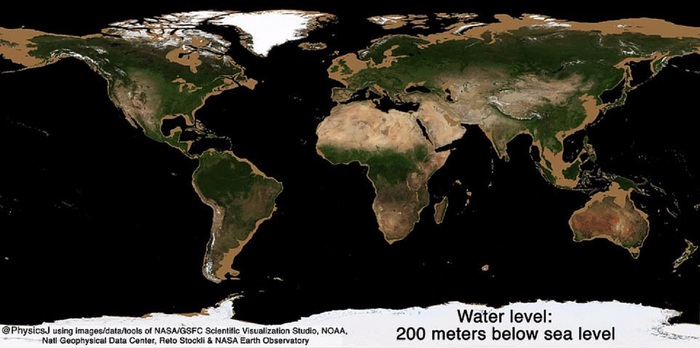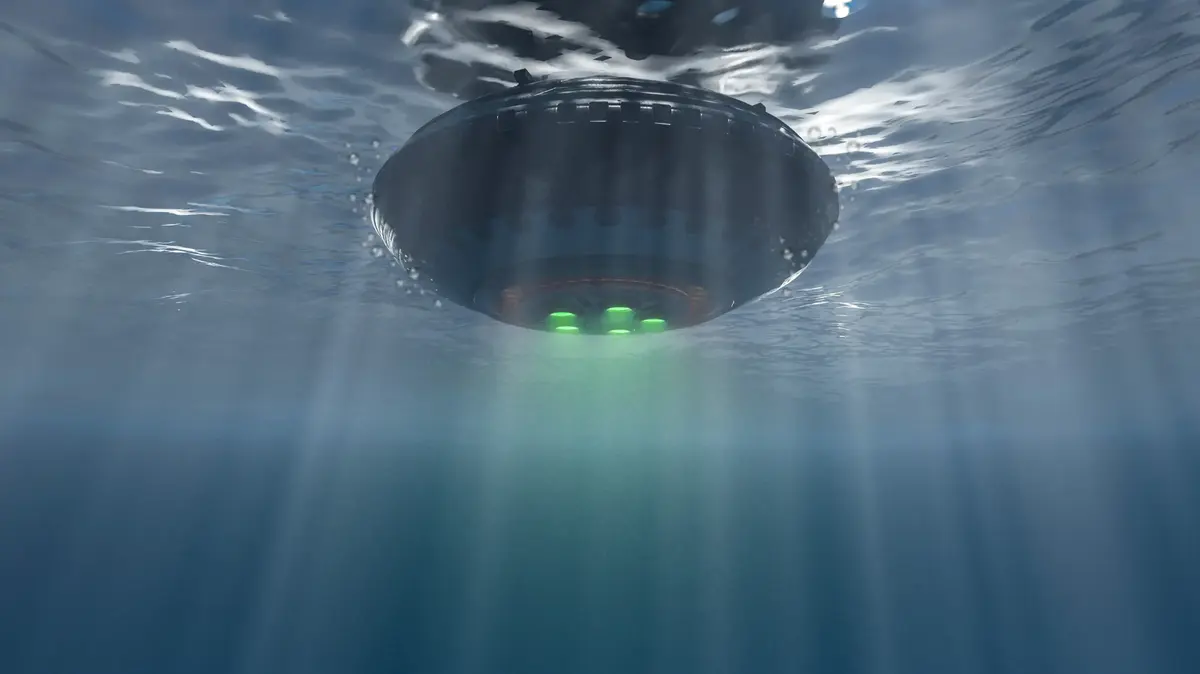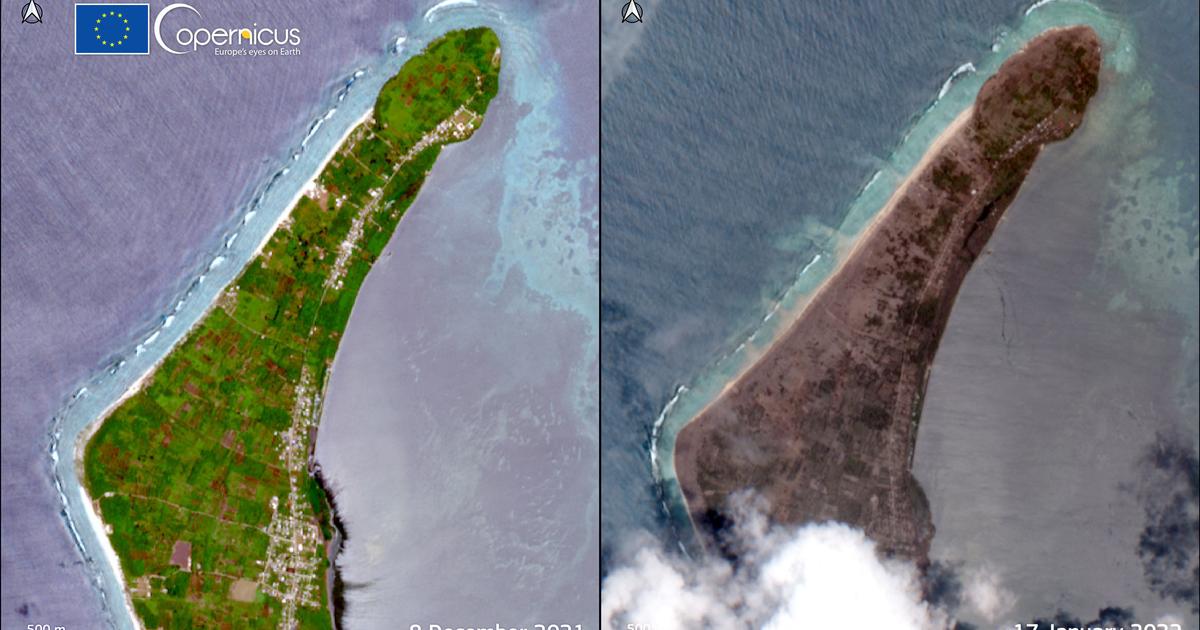It only takes a few seconds to discover how the face of the Earth could change if the oceans suddenly dried up: the withdrawal of the waters would resurface that 70% of the planet's surface that today is submerged, revealing mountain ranges and canyons so far hidden. An apocalyptic scenario, which would also surrealist the geography of Italy in a surreal way. To show it is an impressive animation published on Twitter by planetary scientist James O'Donoghue, former NASA collaborator today at the service of the Japanese space agency Jaxa.
The video is the re-release of a previous animation, made in 2008 by NASA, which the planetologist has further refined by making it in high resolution.
"Pulling the plug on the oceans reveals mountain ranges and submerged canyons," writes O'Donoghue on the social network. "It also shows where the bridges of earth were connected during the ice ages. Great Britain, for example, was less inclined to Brexit," the expert commented ironically.
In the timelapse video the brown color of the dry land advances rapidly, while the blue gives way as the waters descend to over 6,000 meters below the current sea level. Around the Italian coasts the first to disappear would be the Adriatic Sea, followed by the waters surrounding Sicily and Sardinia.
Pulling the plug on oceans reveals under water mountain ranges and canyons. Eg where Britain is used to be connected during ice ages, eg Britain used to be less brexity. pic.twitter.com/f4NRo3OvlH
- Dr James O'Donoghue (@physicsJ) December 13, 2019






/cloudfront-eu-central-1.images.arcpublishing.com/prisa/DBT2OEOLXBGZTLYKDBM2FWSJNM.jpg)

/cloudfront-eu-central-1.images.arcpublishing.com/prisa/6W5UW5NK5ZH77N2RSC3TBYR33Y.jpg)